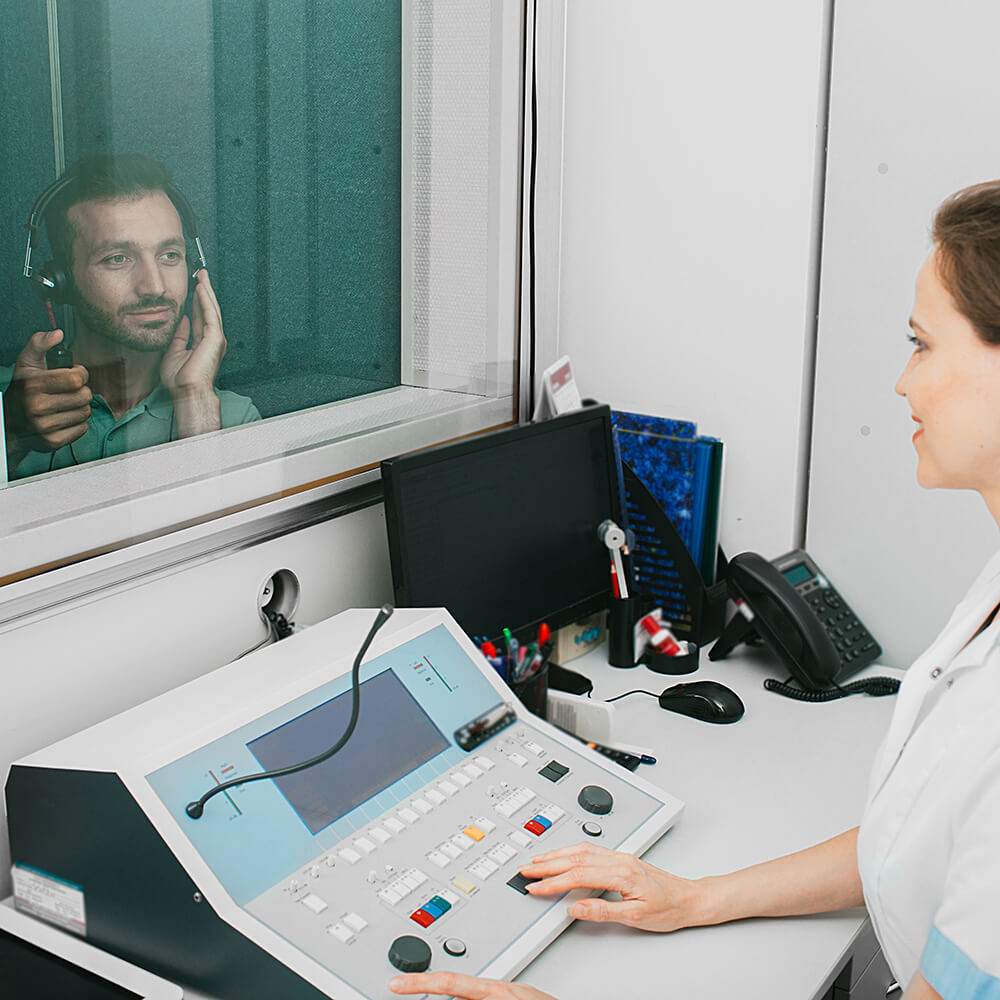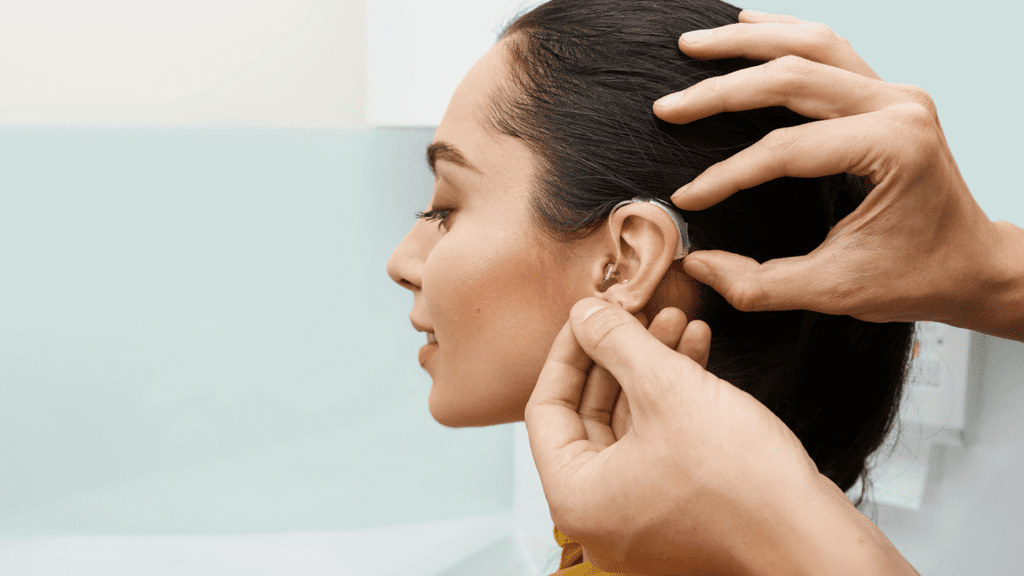The Uncomfortable Level (UCL) test, also known as the Loudness Discomfort Level (LDL) test, is a hearing test that measures the softest level at which a sound is perceived as uncomfortably loud. It is a useful test for diagnosing and monitoring auditory hypersensitivity, which is a condition in which people have an abnormally decreased tolerance to loud sounds.
The UCL test is typically performed in a soundproof booth. You will wear headphones and listen to a series of pure tones, which are single-frequency sounds. The tones will be presented at different frequencies and intensities. You will be asked to raise your hand or press a button when the sound becomes uncomfortably loud.
The audiologist will record the softest intensity at which you perceive each tone as uncomfortably loud. This is called your UCL for that frequency. Your UCL is measured in decibels (dB). The lower the number, the more sensitive you are to loud sounds at that frequency.
The results of the UCL test can be used to diagnose and monitor auditory hypersensitivity, as well as other hearing conditions such as tinnitus (ringing in the ears) and hyperacusis (sensitivity to certain sounds). The UCL test can also be used to assess the effectiveness of treatments for these conditions, such as sound therapy and cognitive-behavioral therapy.
The UCL test is a safe and painless test. It typically takes about 15-30 minutes to complete.
Here are some of the benefits of the UCL test:
- It can be used to diagnose and monitor auditory hypersensitivity and other hearing conditions.
- It can be used to assess the effectiveness of treatments for auditory hypersensitivity and other hearing conditions.
- It is a safe and painless test.
If you have any concerns about your hearing, or if you have a history of hearing loss in your family, it is important to see an audiologist for a hearing assessment. The UCL test is a valuable tool that can help to diagnose and monitor hearing conditions and to ensure that you receive the best possible treatment.


